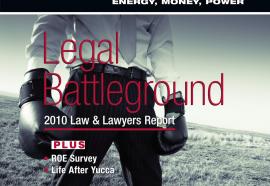Retirement is Coming
Preparing for New England’s capacity transition.
A wave of coal-fired plant retirements presages a possible crisis in the New England market. As load-serving utilities in ISO New England become increasingly dependent on natural gas-fired capacity and large-scale renewable generators, the region might be forced to rely on expensive cost-of-service reliability contracts to keep the lights on. Stakeholders are considering alternative approaches to encouraging power plant development, including special rate incentives previously reserved for transmission projects. Paul J. Hibbard, former Massachusetts DPU chairman and now vice president with the Analysis Group, analyzes how resource constraints are blurring the lines between competitive markets and integrated resource planning in New England.










